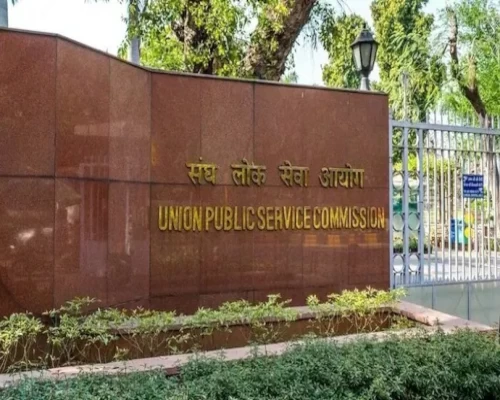
New Delhi: The Central Consumer Protection Authority (CCPA) has issued an advisory directing all e-commerce platforms to conduct a self-audit within three months to detect and remove “dark patterns” – design practices that mislead or manipulate users into making unintended choices.
As part of this directive, companies are expected to review their interfaces, identify deceptive practices, and take corrective steps. The CCPA has encouraged platforms to provide a self-declaration confirming they are not engaging in such practices, in an effort to create a more transparent digital environment.
“E-commerce platforms, based on the self-audit reports, have also [been] encouraged to give self-declarations that their platform is not indulging in any dark patterns,” the advisory said. “The self-declarations by the platforms will enable fair digital ecosystem along with building trust between consumers and e-commerce platforms.”
CCPA has issued notices to some platforms found in violation of the 2023 Guidelines for Prevention and Regulation of Dark Patterns. The regulator warned that it is monitoring online platforms closely for any misuse of design aimed at misleading consumers or manipulating decisions.
Dark patterns identified in the guidelines include false urgency, basket sneaking, confirm shaming, forced action, subscription traps, interface interference, bait and switch tactics, drip pricing, disguised advertisements, nagging, trick wording, SaaS billing traps, and rogue malware usage.
A Joint Working Group (JWG) has also been formed, comprising representatives from various ministries, regulatory bodies, consumer organisations, and National Law Universities. The group will regularly identify violations, report to the Department of Consumer Affairs, and suggest consumer awareness programmes.
The initiative is part of a broader move by the government to tighten regulation on digital platforms and enhance consumer protection in online services.
BI Bureau













 (13)_500_x_400.webp)